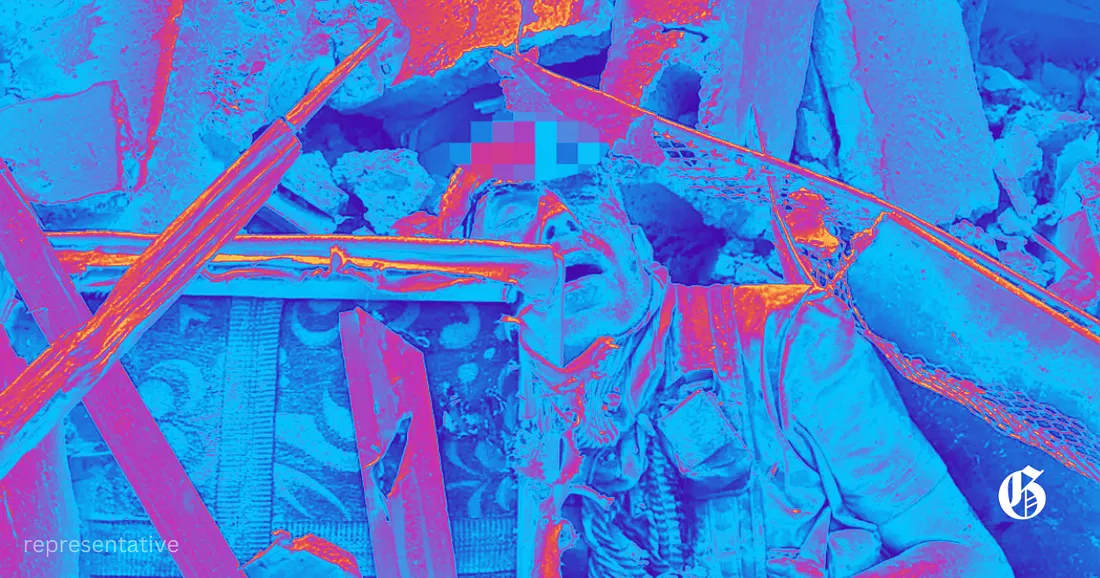The Troubling Support for Hamas in United Nations Resolutions
In recent years, the United Nations has observed a troubling trend: numerous nations have provided support for Hamas in various resolutions and initiatives. This stance is not only misleading but also perilous, undermining the very principles of peace and security that the UN represents.
Hamas, recognized as a terrorist organization by many countries, including the United States and the European Union, has a well-documented history of violence and extremism. By backing Hamas in UN resolutions, these nations effectively endorse a group that has repeatedly engaged in acts of terrorism against innocent civilians. Such support sends a dangerously misleading message—that violence and extremism can be legitimized in the international arena (United Nations Security Council Resolution 2735 [1]).
Undermining Peace Efforts
This backing for Hamas stymies ongoing peace efforts in the Middle East. It emboldens a group that shows no interest in genuine dialogue or compromise, disincentivizing the pursuit of peaceful coexistence. Instead of fostering an environment conducive to negotiations, this support exacerbates tensions and inflates the potential for further conflict. For leaders committed to achieving peace through nonviolent means, such actions betray the aspirations of the Palestinian people who seek justice and resolution (Hansen et al., 2012 [2]).
Al Jazeera's Role in Extremism
In the realm of international journalism, few institutions evoke as much debate and division as Al …
The consequences of supporting Hamas extend far beyond the Middle East. This dangerous precedent encourages other extremist groups worldwide, providing them with a model for pursuing their agendas through violence and terror. By legitimizing Hamas, these nations inadvertently promote similar groups that may use terrorism as a tool for political gain. Such actions pose a significant threat to global security and stability, as the repercussions of these extremist ideologies can reverberate across continents (Burgess & Kearney, 2020 [3]).
Moral Obligations of Nations
Countries have a moral obligation to uphold the principles of peace, justice, and human rights. Supporting Hamas in UN resolutions represents a stark deviation from these values. Instead of creating a platform for these groups to gain legitimacy, the international community must unite against terrorism and extremism. It is essential that countries reaffirm their commitment to combating such ideologies, ensuring that they do not gain a foothold in the global political landscape (UN General Assembly Resolution ES-10/21 [4]).
The endorsement of Hamas in UN resolutions is a grave error that undermines peace initiatives, threatens global security, and subverts the core principles of the United Nations. It is high time for nations to reevaluate their positions and align their actions with the values of peace and justice. Only through a united front against terrorism can we hope to achieve lasting peace and security in the Middle East and beyond.
The Call to Action
The international community must recognize the detrimental impact of legitimizing groups like Hamas. To secure a future where peace prevails, countries must collaborate and take decisive action against extremism. Failing to do so not only compromises regional stability but also endangers the safety and well-being of countless individuals worldwide (Lawfare Blog [5]). The time to act is now—before the specter of terrorism spreads further, destabilizing our world for generations to come.
References
- United Nations Security Council Resolution 2735 (2024).
- Hansen K., et al., “The Rise of Modern Democracy” (2012).
- Burgess R., Kearney R., Countering Terrorism and Extremism in the Media: International Perspectives (2020).
- United Nations General Assembly Resolution ES-10/21 - Wikipedia (2024).
- Lawfare Blog - Tracking U.S. Position on Gaza Through UN Security Council Resolutions (2024).
















